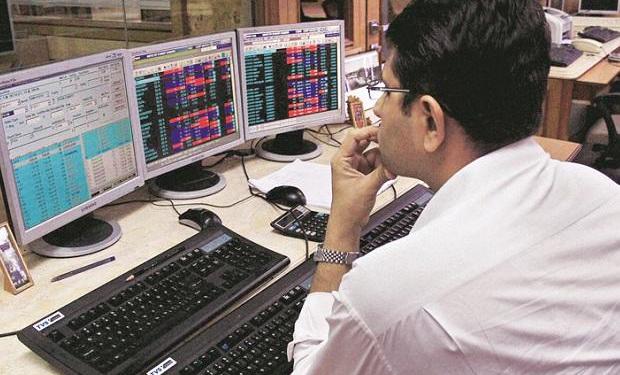India has one of the largest NGO sector in the world. The country has more than 33 lakh registered NGOs compared to 11 lakh registered corporates. However, the funding to these organizations is not very transparent and branches of some foreign NGOs divert the funding to other pet causes which are often detrimental to the national interest and development agenda. Some genuine organizations which are working for the welfare of the community face a shortage of funds.
Therefore, the government has decided to introduce social stock exchange which will bring sources of transparent funding to organizations involved in community welfare. “It is time to take our capital markets closer to the masses and meet various social welfare objectives related to inclusive growth and financial inclusion. I propose to initiate steps towards creating an electronic fund raising platform – a social stock exchange – under the regulatory ambit of Securities and Exchange Board of India (SEBI) for listing social enterprises and voluntary organizations working for the realization of a social welfare objective so that they can raise capital as equity, debt or as units like a mutual fund,”said finance minister Nirmala Sitharaman in the budget speech.
The proposed social stock exchange will register social enterprises and voluntary organization. It will be regulations by Securities and Exchange Board of India (SEBI), the capital market regulator of the country.
The social stock exchange is a new idea and there are very few registered entities like Singapore’s Impact Investment Exchange Asia and London’s Social Stock Exchange. “The social exchange platform is an innovative measure to involve public participation in social causes through the equity route,” says Puneet Maheshwari, director at Upstox. So far UK, Canada, Singapore, South Africa, Brazil, Jamaica and Kenya have registered Social Stock Exchanges (SSE).
The industry leaders see this as very significant move and expect it to be path-breaking for NGO sector. “It is crucial because social enterprises must be able to identify as a separate asset class and be able to attract the right kind of investor. Since many are small value transactions, you have to find a way to do it in a low cost manner,” says S Viswanatha Prasad, managing director, Caspian Advisors, a leading social impact investor.
NGOs are supposed to be the backbone of India’s vibrant civil society. In last seven decades, Indian state has been very inefficient in welfare delivery due to successive corrupt and inefficient governments. The Congress party has not been able to give people basic public goods (Roti, Kapda, Makaan) despite promising the same in every election manifesto and budget.
This has led to the bourgeoning NGO sector in the country. Over a period of time, many NGOs became very efficient and important part of the economy. The Modi government has substantially improved the welfare delivery to last person in the society but that does not mean NGOs has become irrelevant.
The efficiency and experience of NGOs could be used to improve the living condition of people and the government has involved many professional NGOs in many sectors for a better outcome.
Globally, there some very influential NGOs with a huge turnover like Bill Melinda Gates Foundation which has 37 billion dollars in assets. These NGOs might register themselves in Indian social stock exchange to raise capital. The NGOs which are well functioning will register them with social stock exchange and the government might make their registration with FCRA act voluntary as the funding through SSE will be transparent.

























